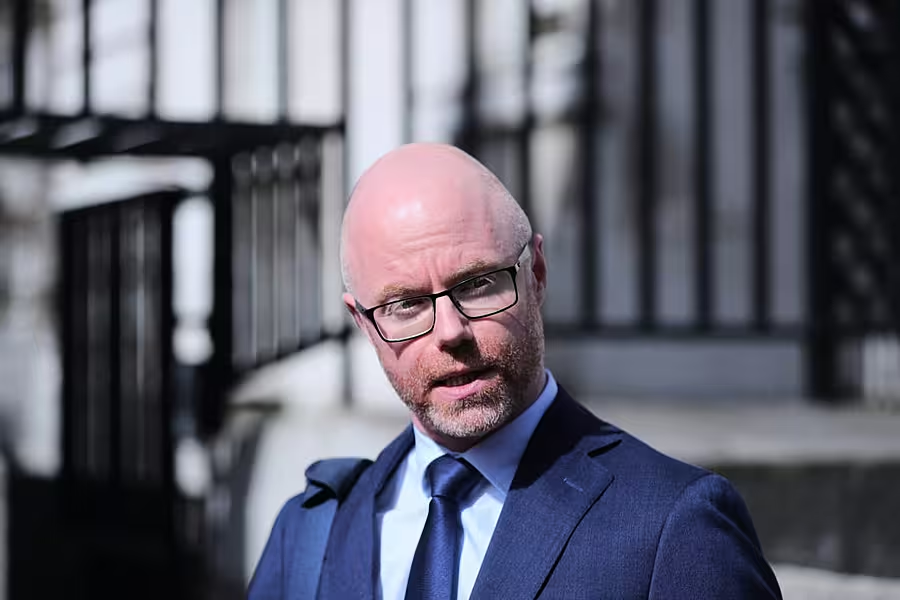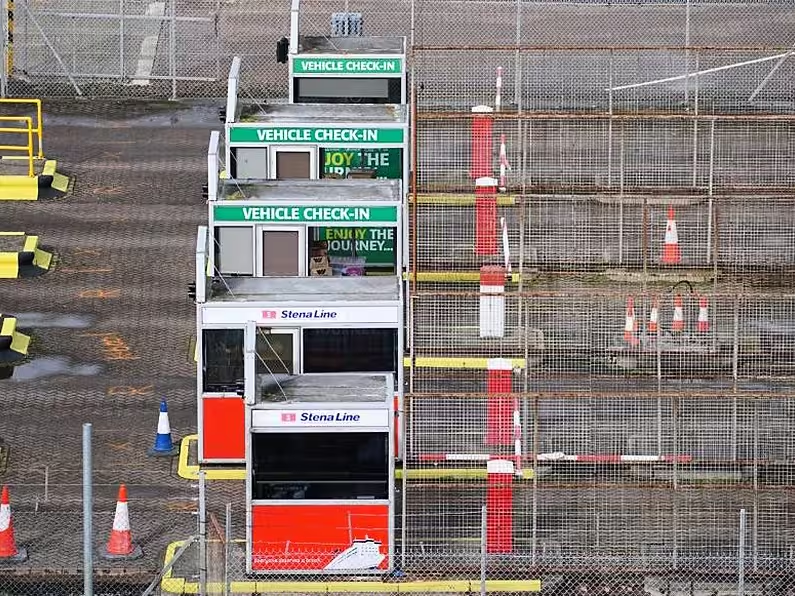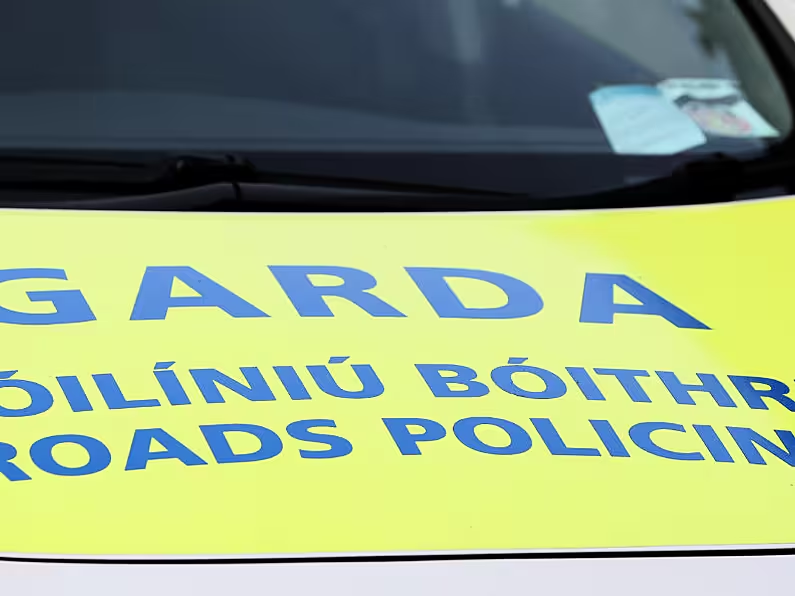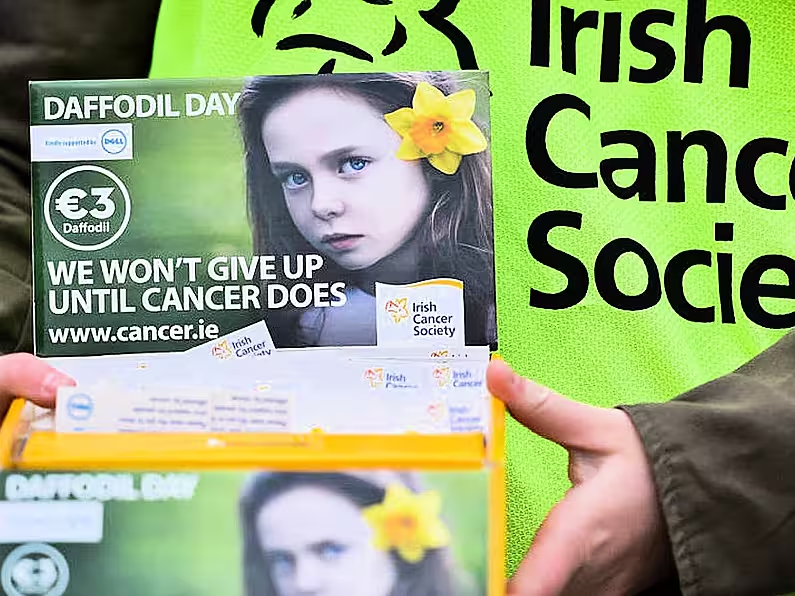
Digital Desk Staff
Those coming into the State from France, Italy, Germany and the US will not, for now, face a mandatory period of hotel quarantine.
It comes after concerns about the planned extension of the system were raised by the Department of Foreign Affairs and the Attorney General.
As The Irish Times reports, Minister for Health Stephen Donnelly met Minister for Foreign Affairs Simon Coveney on Thursday to discuss a recommendation that 43 countries and states be added to the list of “high-risk” areas that necessitate a quarantine period on arrival in Ireland to prevent the possible spread of Covid-19 variants.
Sources said there was significant pushback from Mr Coveney, who raised concerns over capacity in the hotel system for an influx of passengers as well as legal concerns over adding other EU countries to the list. The meeting was described by one source as “frosty”.
Mr Coveney said the State should not move ahead with including countries with a large number of Irish citizens living in them.
While it was agreed that 26 non-EU countries and states would be added to the high-risk schedule, sources said Mr Donnelly still supported adding countries of concern regardless of their location and would push for this in the coming days.
Increase in passengers
People arriving from the 26 countries – which include Israel, Bahrain, Jordan, Lebanon, Nigeria and Serbia – will have to book a space in the hotel quarantine system if they intend to arrive after 4am on April 6th.
It is understood the Department of Health is preparing for an increase in the number of passengers using the system beyond the 650 places currently available.
In a joint statement on Thursday night, the Departments of Health and Foreign Affairs said the advice on the remaining countries and states, including the EU and US, “will be considered in advance of the next Government meeting”.
Ronan McCrea, professor of constitutional and European law, at University College London, said given the high incidence of Covid-19 in some EU states, extending the mandatory quarantine system to include them need not be contrary to EU law.
He said EU rights such as the right to travel were not absolute rights.
“The main thing is that the restrictions have to be necessary, proportionate and non-discriminatory,” he said.
“The commission has expressed unhappiness with absolute travel bans, but in an extreme situation such as the way it is now, you could say it is proportionate.”











